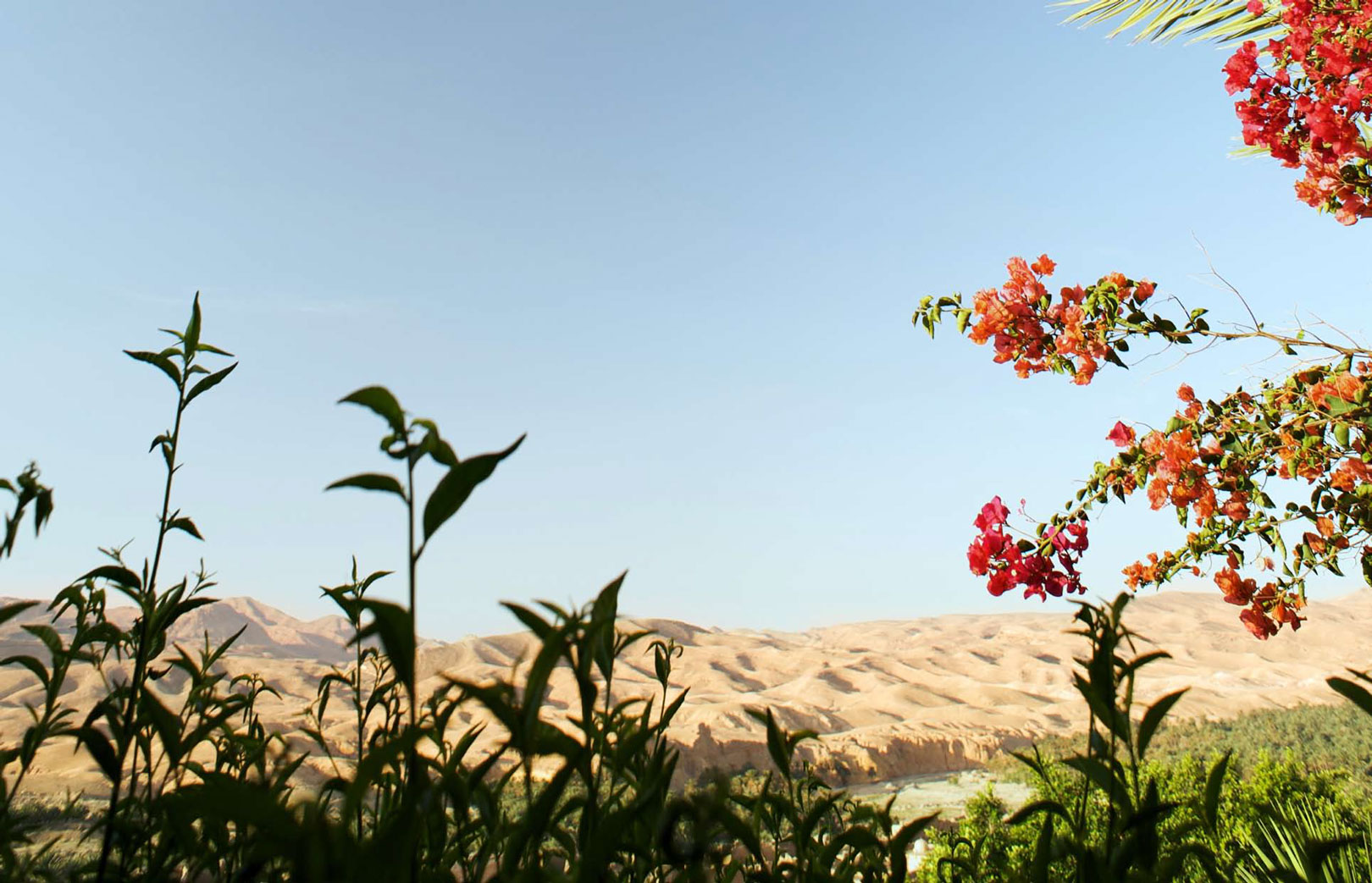
The Indispensable Palladio
February 14, 2012Under the Shaman’s Spell
February 14, 2012The spark that lit the powder keg of the Arab Spring, Tunisia has receded somewhat into the background since its population’s dramatic uprising last year. That doesn’t mean things have slowed down there, however. An oppressed and hamstrung social sector has come back
to life in Tunisia and is furiously organizing itself around a wide range of issues. One of which our author is working to bring into being: microfinance.
By Alya Khaled
The Arab Spring that engulfed the Middle East and parts of North Africa in 2011 actually began in winter in Tunisia with the departure of the dictator Ben Ali on January 14 of that year. The causes that led to these revolutions are linked to two basic facts: the lack of freedom, and the high level of unemployment. Thousands of people, excluded from the system, without jobs and simply trying to survive, decided that enough was enough and rebelled against the corrupt regime.
Under Ben Ali, the economy was in the hands of his family, who managed it like the mafia. Corruption was rampant and the degree of inequality had risen to an unsustainable level. Ninety percent of the population was excluded from the system, but could not rebel, as they were living in a police state.
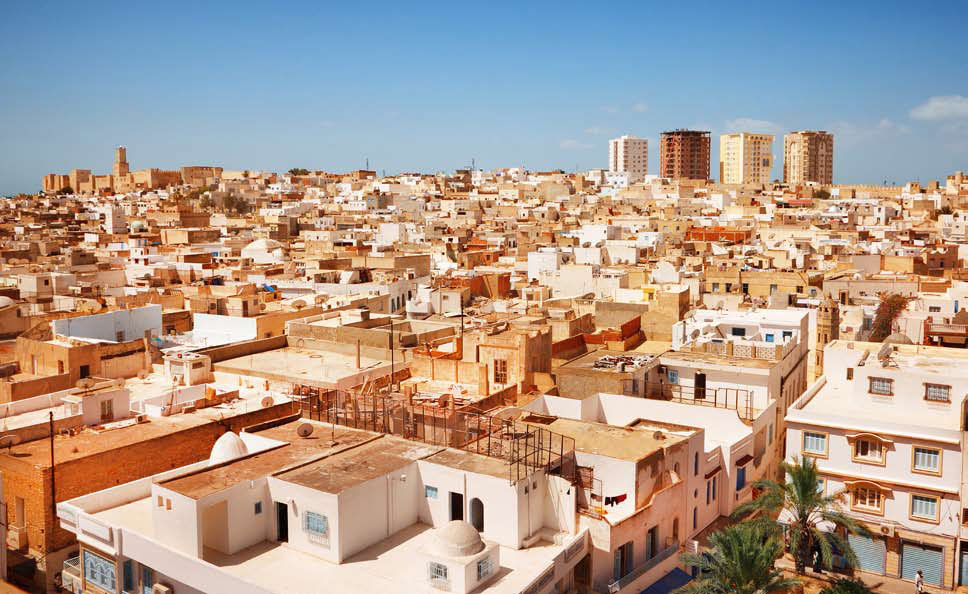
Even the so-called social sector, which included all the non-governmental organizations (NGOs) and the different civil associations, was not able to function freely. For the government, control of any money going to the poor was part of a political strategy. As a result, creating an NGO or any form of association was well-nigh impossible since it required the approval of the Ministry of Interior. The whole system was in the hands of the dictatorship. All they did was to invent figures that showed the world everything was working perfectly, and that Tunisia was on a path of sustainable development!
On the 14th of January last year, the regime finally fell after a month of widespread street protests. The wind of freedom blew through Tunisia. Civil society, which had been oppressed and unable to play its part, finally woke up. Since last year, up to 2,000 associations have been created to deal with a huge range of issues, from alleviating poverty to helping people learn to debate in a newly democratic country.
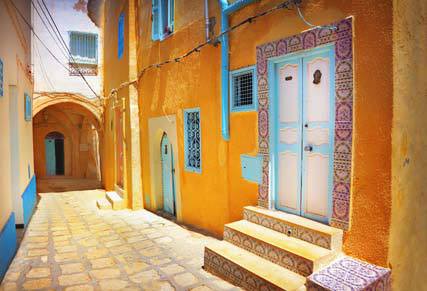
With a few friends, we finally had the chance to create our microfinance NGO, called RYMA, which we had wanted to do for a long time but had been prevented from doing so.
A Bangladeshi economist named Mohammed Yunus, who has since won the Nobel Peace Prize for his work in this sector, invented the concept of microfinance in the 1970’s. The principle is very simple: people are helped to overcome poverty by providing them with very small loans starting at around US $100 to finance their small businesses. These loans are given without guarantees. The idea is for the client to build a sort of credit rating by repaying the loan and thus qualifying for a bigger one. They are generally given in order to develop a revenue-generating activity. It also allows the micro-entrepreneur to hire people and slowly increase the size of the business.
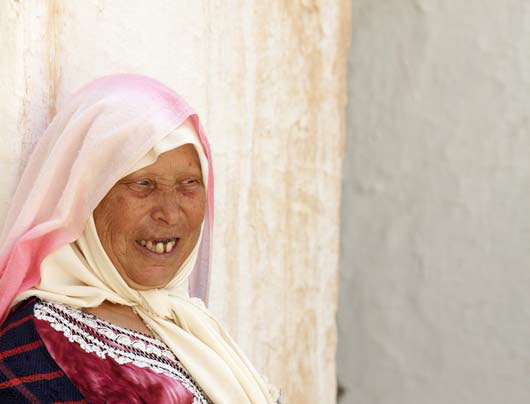
We hope that RYMA Microfinance will be able to help poor Tunisian people escape the vicious cycle of unemployment and poverty. In Tunisia, unemployment is around 20%, and the government will not be able, on its own, to create enough jobs to reverse the situation. Therefore private job creation is very important. Moreover microfinance is mainly implemented in poor and rural areas, which is where the largest number of the financially-excluded live. RYMA is still in the early stages of its activity and we are discussing with a few potential technical partners the possibility of their joining us in our venture.
The impact of microfinance in Bangladesh was so great that the principle has been exported to the major developing countries in the world. In the majority of Third World countries, poor people are usually financially excluded and have no access to the banking system. They work in the unregulated sector with no job security and no regular income. For risk-averse banks, these people cannot be incorporated into their loan models as they offer few or no guarantees. But in microfinance, these very people are the target customers; for instance, a stall selling vegetables on the side of the road or a small shop in a private garage or a dressmaker working from home and then selling to shops. Microfinance actually does empower men and women. It helps them slowly expand their businesses and even create jobs for others.
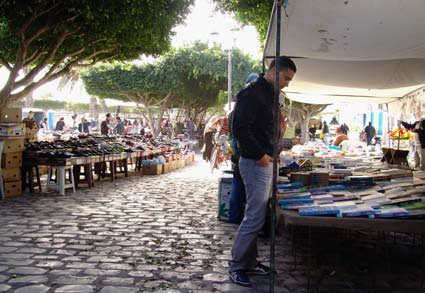
Microfinance institutions work on a model called the proximity model for giving loans. This means the offices will always be situated in poor urban or rural areas. The credit agents, who are the employees, usually come from these areas. They know the people who live there and the ones who could become customers. Since there are no guarantees for the loans provided, these agents, using their local networks, sort out the creditworthy people from the others.
A major trend in microfinance is the fact that nearly 90% of the target population are women. It has been found that women are very good at managing a budget, since they generally have to do it for the household on a regular basis. They repay their debts better than men, as they rarely drink or gamble. Women have a sense of duty and responsibility that is more embedded in family and community networks than men do.
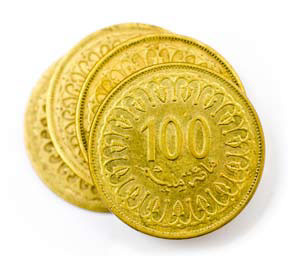
Other than providing financial support, microfinance also helps micro-entrepreneurs with support services and advice to start or improve their businesses. A wide range of services exists, such as literacy classes, financial literacy classes, marketing classes, etc., to help entrepreneurs acquire new skills. All these services are free to customers.
It will be interesting to see what effect these small loans will have when compared to the minimum wage in Tunisia, which is around 286 TND a month (around $200 US) and this is also the starting amount for a microfinance loan. On this small sum, a micro-entrepreneur can run a small business (such as buying wool to knit dolls for sale in the market) and then using that money to buy more wool. In rural areas the money could be used to buy a mobile phone and then charge the community for using it. So we can see that with such a small initial amount, someone can create a revenue-generating activity rather than just being an employee in a company. And this is particularly rewarding in countries where jobs are hard to come by.



